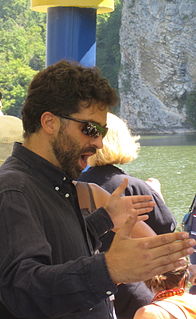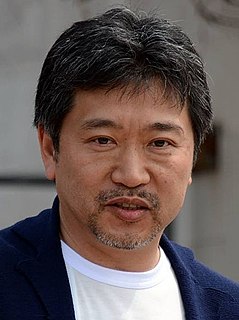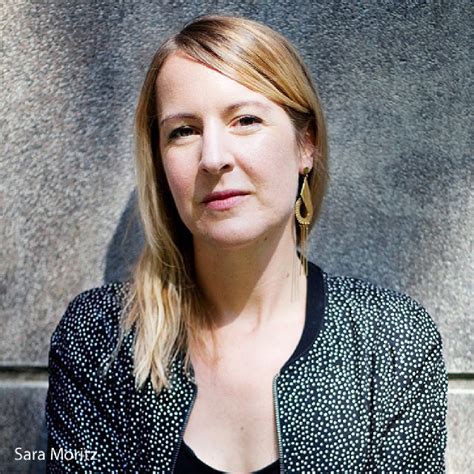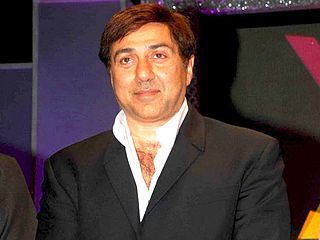A Quote by Thelma Schoonmaker
We do documentaries on the history of cinema in between our feature films.
Quote Topics
Related Quotes
The message films that try to be message films always fail. Likewise with documentaries. The documentaries that work best are the ones that eschew a simple message for an odd angle. I found that one of the most spectacular films about the Middle East was 'Waltz With Bashir,' or 'The Gatekeepers,' or '5 Broken Cameras.'
My production company wasn't doing well, so we were not producing films. Over a period of time, we have realized that we are going to produce our own films and make cinema that we like. We've got so much in-house talent, and my kids are going to be coming, so we all decided that we are going to be in films and cinema.
As soon as I finished film school I was thinking about, how do I get to feature films? It took about eight years, and I'm still working. Feature films was not the end goal. Feature films was one of the stages. Getting to the point of the Coen brothers or Tarantino, where you're writing your own material and have the budget to do it properly, that's the end goal, and I'm close to that.


































